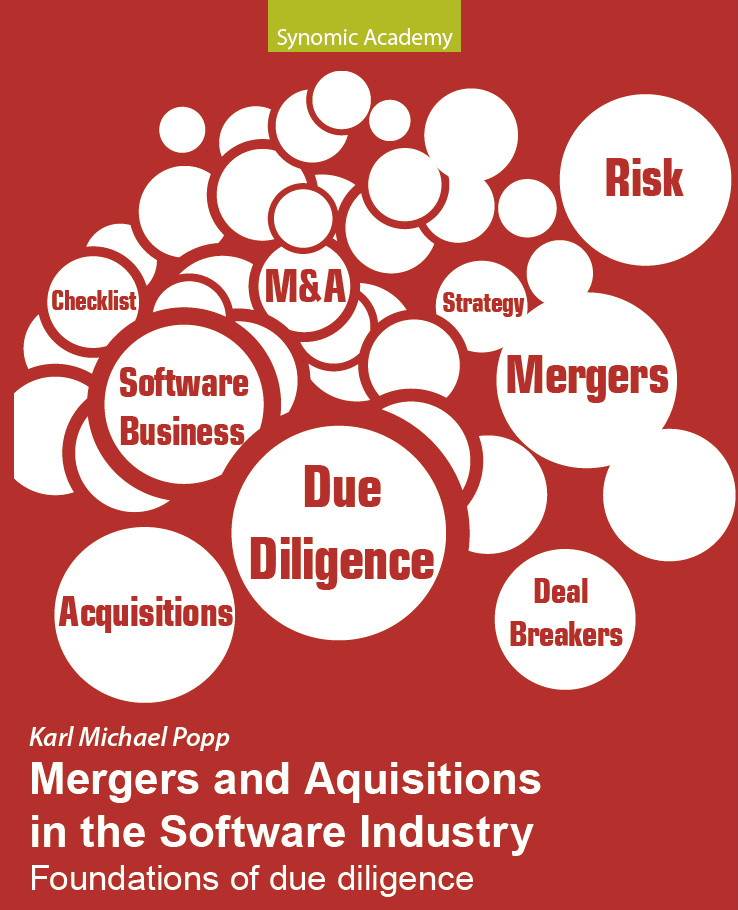Why Large Corporations Need a Patent Valuation Solution for Tax Issues
This blog is in the Top 25 M&A blogs worldwide according to Feedspot
1. Understanding the Value of Intellectual Property (IP)
Large corporations often own a significant number of patents representing substantial financial value. Accurate patent valuations help these companies truly understand the worth of their intellectual property assets, which is crucial for strategic decisions.
2. Tax Compliance and Efficiency
Value Assessment: Proper valuation of patents ensures that corporations pay the correct amount of tax on their patent portfolios. Tax laws often require a fair market value assessment of assets to determine tax liabilities.
Transfer Pricing: Especially for multinational corporations, transfer pricing of patents can lead to complex tax issues. A precise valuation helps in setting appropriate transfer prices, reducing the risk of disputes with tax authorities.
Avoiding Penalties: Without proper valuation, corporations may under- or over-report the value of their patents, leading to potentially costly penalties.
3. Strategic Financial Planning
Financial Reporting: Patent valuations enhance transparency and accuracy in financial statements, which is essential for investors and stakeholders.
Mergers and Acquisitions: In cases of mergers or acquisitions, an in-depth understanding of patent values can significantly influence negotiations and final agreements.
4. Legal and Dispute Management
Litigation Support: Accurate patent valuations are vital during litigation, allowing companies to quantify potential damages or argue against inflated claims by competitors.
Like my thoughts? READ MY NEW BOOK
ORDER AT AMAZON
ORDER IN GERMANY









